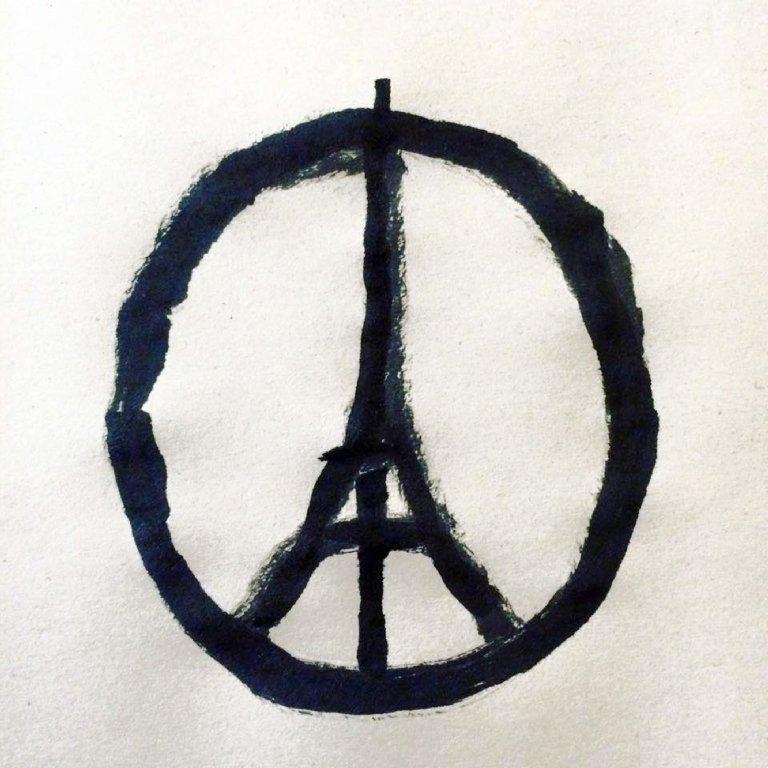The Economic Costs of Terrorism
I arrived to New York on the day that Paris was horrifically attacked. I was a very long way away but the impact was well and trully felt. I have friends, colleagues and close clients in Paris. It was a terrible shock.
I am deeply sadenned by these events and my heart goes out to everyone who has been affected. My thoughts are with you.
But we are all affected, it's not just Paris it's the world. The downing of a Russian plane over Egypt, the recent explosion in Beirut, these sensless acts of terror affect people everywhere.
The impact on a human level is undeniable, the suffering and a sense of loss is deeply felt.
But, what is the economic cost of terrorism? And what economic consequences can we expect to see?

In the West, terrorist attacks have not traditionally had a major economic effect on the countries that have suffered them. For example the 2004 Madrid train bombings and the 2005 London subway bombings had practically no noticeable effect on GDP in either Spain or the UK.
Indeed, if one takes a stock market as the barometer of economic confidence, it is remarkable to see how quickly it rebounds in the wake of a terrorist attack. In Madrid and London the market dropped very briefly before recovering within weeks, and the New York stock market recovered just 30 days after 9/11.
However, it is countries that heavily rely on foreign tourists that are more deeply affected. Countries such as Bali, Tunisia and Egypt.
In addition, the recent events may have longer lasting effects. According to a report by Citigroup the attacks in Paris could usher in a backlash against globalisation, with more EU citizens questioning whether an open border policy is sustainable with such dangerous enemies.
So the threat of terrorism substantially shifting domestic and international politics is very real. With the risk of more terrorist attacks being upgraded both in the West and in the Middle East, as well as the likelihood of increased international military intervention in IS strongholds, the recent atrocities look as though they might herald in major changes.
But what these changes will look like will depend on how we respond. Economics is driven by people, and people are driven by emotions. The negative economic impact of terrorist attacks are not a result of the attacks themselves, but of how we respond to them.
There’s no doubt that we will see the world change dramatically in response to terror attacks.
However, the way we choose to go depends on how we react. And it doesn’t look like we will succumb to terror easily.
Look at all the outpouring of support even on Instagram from Ralph Lauren, Carolina Herrera, Diane von Furstenberg, Alber Elbaz, Zac Posen, Olivier Rousteing and many others.
Have you or your closest been affected? How are you choosing to respond?
Email us your thoughts.
